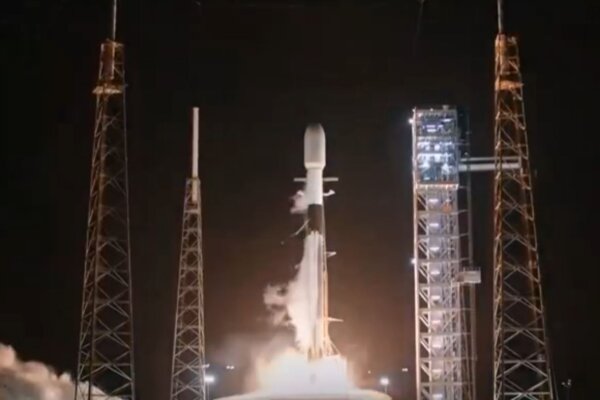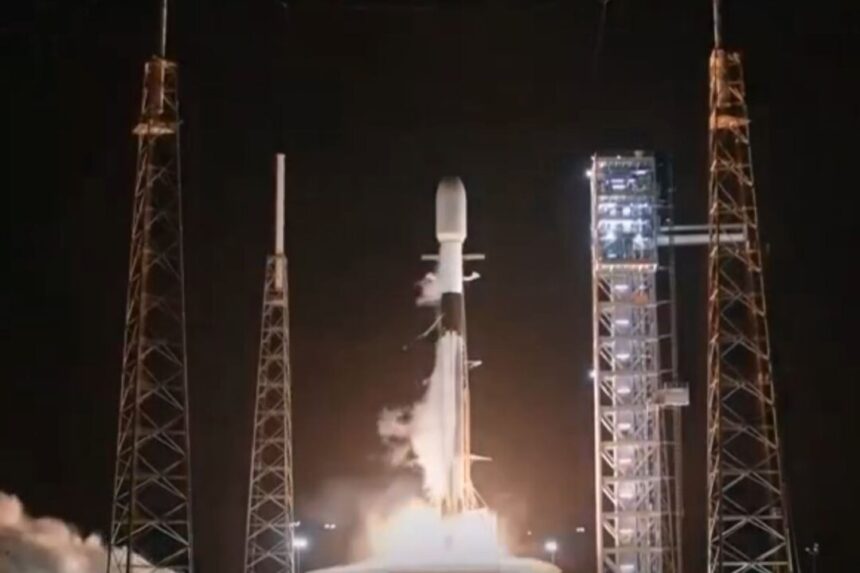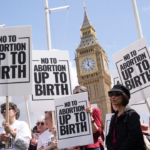
SpaceX CEO Elon Musk threatens to take legal action against the federal regulator.
SpaceX is facing a potential fine of $633,009 from the Federal Aviation Administration (FAA) for allegedly neglecting certain safety protocols in two Falcon rocket flights last year.
“Failure to adhere to safety requirements will result in consequences.”
The first Falcon 9 flight under scrutiny is the PSN SATRIA mission, which entailed launching an Indonesian communication satellite from Florida’s Cape Canaveral Space Force Station on June 18, 2023.
In May, SpaceX allegedly sought to amend its communications plan associated with its license for launching from the Florida site, according to the FAA. The proposed revisions included adding a new launch control room at one of the hangars and eliminating a readiness poll conducted two hours before liftoff.
SpaceX proceeded with the launch of PSN SATRIA with these revisions before receiving approval from the FAA, leading to a proposed $175,000 fine for each of the two alleged violations.
The second incident cited by the FAA pertains to the July 28, 2023, launch of the Jupiter 3 telecom satellite, which was carried to orbit by a Falcon Heavy rocket from NASA’s Kennedy Space Center near Cape Canaveral.
For this mission, SpaceX reportedly utilized a newly constructed rocket propellant farm at the Kennedy Space Center. Despite submitting a revision request for the propellant farm earlier that month, the company proceeded without clearance. The FAA is proposing a $283,009 penalty for this violation.
SpaceX has a 30-day window to respond upon receiving the FAA’s enforcement letter.
“SpaceX intends to take legal action against the FAA for regulatory overreach,” stated the billionaire in a separate response.
The newly proposed fines add to SpaceX’s mounting frustration with the FAA and government regulators in general. Recently, the company released a detailed blog post criticizing the regulatory environment of the launch industry.
“Starships need to launch. The more we launch safely, the faster we learn; and the faster we learn, the sooner we achieve complete and swift rocket reusability,” SpaceX highlighted in the post, emphasizing that while the company has been prepared for Starship’s fifth test flight since early August, the FAA is still reviewing the modifications to the vehicle configuration and mission profile and is not expected to conclude until late November.
“Unfortunately, we are still stuck in a situation where obtaining government approval for a rocket launch takes longer than designing and constructing the actual hardware,” SpaceX noted in the post. “This should not be the case and directly threatens America’s leadership in space.”






